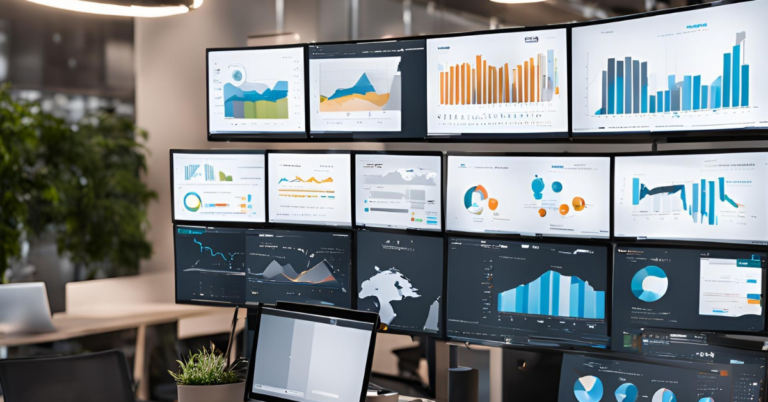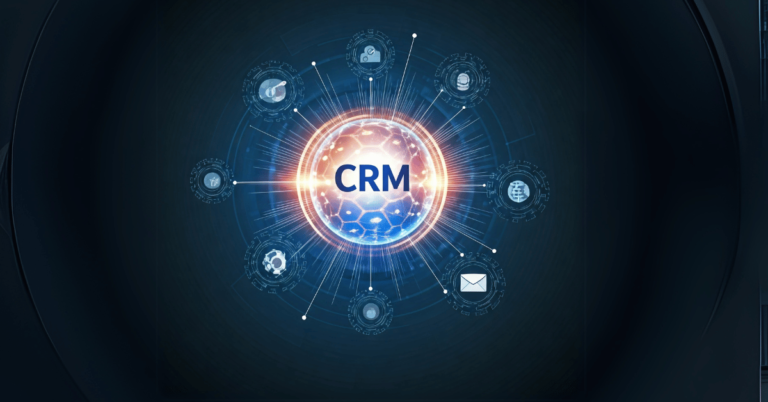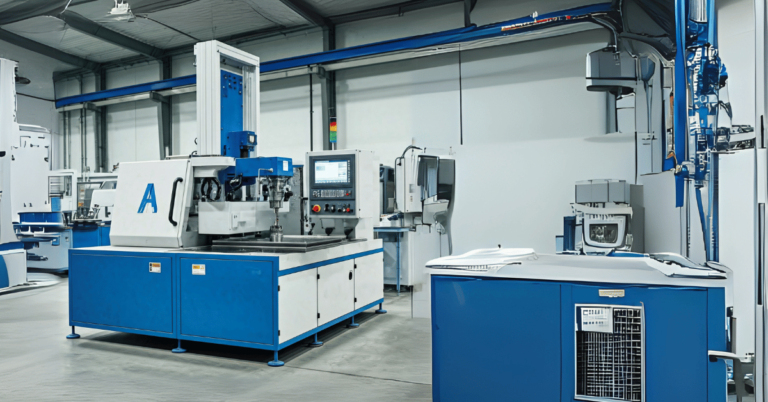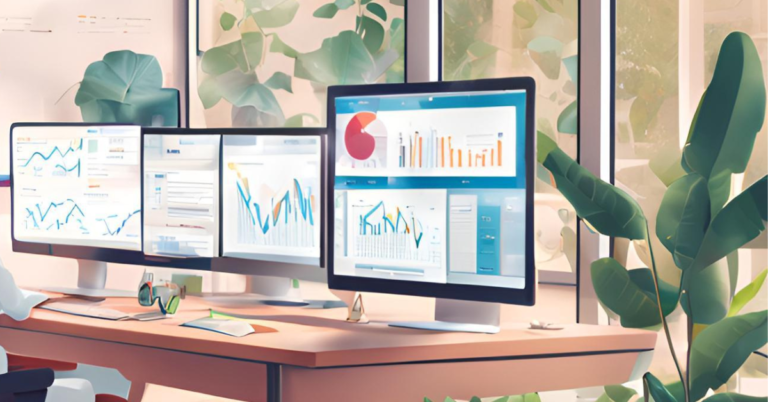ERP vs CRM: Differences, Benefits, and Choose the Right One
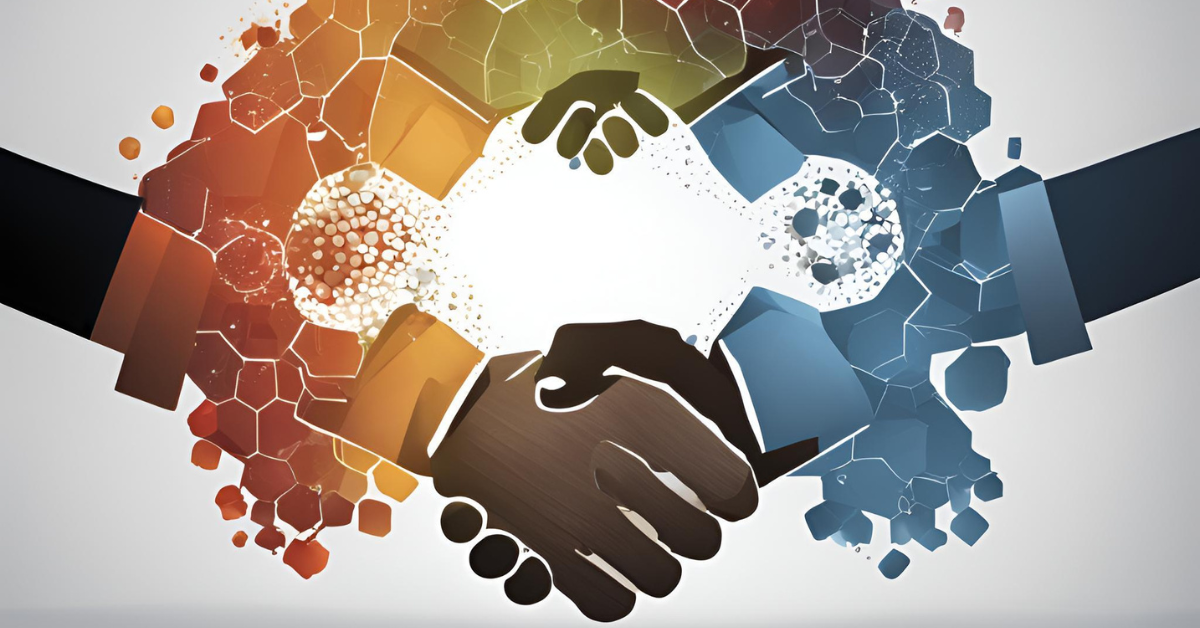
In today’s business environment, staying competitive requires using the right tools to streamline operations and maintain strong relationships with customers. Two of the most commonly discussed solutions are ERP (Enterprise Resource Planning) and CRM (Customer Relationship Management). While they serve different purposes, these systems are often mistaken for one another.
So, how do you decide which one is right for your business from ERP vs CRM? Let’s explore the core differences, benefits, and key considerations to help you make an informed decision.
What is ERP?
At its core, ERP (Enterprise Resource Planning) is a system designed to integrate and manage an organization’s internal processes. Think of ERP as the backbone of your business, connecting departments like finance, human resources, supply chain, and inventory management under one centralized platform. This unified approach eliminates silos, promotes transparency, and increases operational efficiency.
Key Features of ERP Systems
- Data Integration Across Departments: ERP systems consolidate data, allowing different teams to work from a single source of truth. This ensures consistency and reduces errors.
- Automation of Routine Tasks: Processes like payroll, inventory tracking, and order processing are automated, saving time and reducing manual workload.
- Real-Time Insights: With advanced reporting tools, businesses can analyze performance metrics and make data-driven decisions quickly.
- Scalability: ERP solutions are designed to grow with your business, making them a long-term investment.
Benefits of ERP
One of the biggest advantages of ERP is its ability to improve efficiency. By automating mundane tasks, your team can focus on more strategic initiatives. Additionally, ERP promotes better collaboration between departments by providing a shared platform for communication and data access. From compliance to risk management, an ERP system helps ensure that workflows are both smooth and standardized.
What is CRM?
While ERP focuses on internal processes, CRM (Customer Relationship Management) revolves around your customers. CRM systems are built to improve how businesses interact with their customers, from the first touchpoint to post-sale follow-ups. Whether you’re looking to boost sales, enhance customer satisfaction, or strengthen loyalty, a CRM system provides the tools to make it happen.
Key Features of CRM Systems
- Lead Management: CRM tools track potential customers and guide them through the sales funnel.
- Customer Analytics: Gain valuable insights into customer preferences, buying behavior, and feedback.
- Sales Forecasting: Predict future revenue by analyzing past sales trends and ongoing opportunities.
- Customer Support Integration: With features like ticketing systems and live chat, CRM ensures timely and effective support.
Benefits of CRM
Unlike ERP, which emphasizes operational efficiency, CRM focuses on driving growth through better customer relationships. For instance, businesses can personalize marketing campaigns based on customer preferences, leading to higher engagement rates. Moreover, sales teams can close deals faster with a clear overview of their pipeline, while customer service teams deliver exceptional support, ensuring satisfaction and loyalty.
ERP vs CRM: What Sets Them Apart?
Although ERP and CRM share some overlapping functionalities, their core objectives are distinct. Understanding these differences is crucial for selecting the right system.
| Feature | ERP | CRM |
| Primary Purpose | Manage internal resources and operations. | Build and nurture customer relationships. |
| Key Users | Operations, HR, and finance teams. | Sales, marketing, and customer support teams. |
| Scope | Broad, encompassing all business functions. | Narrow, focused on customer interactions. |
| Cost | Higher due to complexity and customization. | Lower, especially for small businesses. |
An easy way to differentiate is this: ERP ensures your business runs smoothly behind the scenes, while CRM helps you shine in front of your customers.
Can ERP and CRM Work Together?
Absolutely! In fact, combining ERP and CRM can unlock even greater potential for your business. By integrating the two systems, you can create a seamless flow of information between customer-facing teams and backend operations.
Benefits of Integration
For instance, sales teams can access real-time inventory data from the ERP system through the CRM platform, allowing them to promise accurate delivery timelines to customers. Similarly, customer service representatives can check order histories and provide better support. This holistic view of operations and customer interactions enhances decision-making and improves overall efficiency.
Challenges to Consider
However, integration isn’t always straightforward. It often requires significant investment, both financially and in terms of time. Compatibility between systems can also be a hurdle, making it important to choose software designed for integration or work with skilled IT professionals.
How to Decide: ERP or CRM?
Choosing between ERP and CRM isn’t always black and white. The right decision depends on your business’s unique needs and priorities.
Factors to Consider
- Your Business’s Current Pain Points: Are you struggling with operational inefficiencies or losing customers due to poor engagement?
- Size and Complexity: Smaller businesses with simpler processes might find CRM sufficient, while larger organizations managing complex supply chains often require ERP.
- Budget: While CRM systems are usually more affordable, the long-term ROI of ERP may justify its higher initial cost for some businesses.
Real-Life Scenarios
- A manufacturing company looking to streamline production and inventory management would benefit more from ERP.
- On the other hand, a retail business aiming to personalize its customer experience would thrive with a robust CRM system.
For companies needing both, a hybrid solution or integration may be the answer.
Popular ERP and CRM Systems
The market is filled with options for both ERP and CRM solutions. Here are some of the top contenders:
Leading ERP Systems
- SAP: A powerhouse in enterprise-grade solutions, especially for large organizations.
- Oracle NetSuite: Known for its scalability and cloud-based features.
- Microsoft Dynamics 365: Offers ERP and CRM functionalities in one platform.
Top CRM Platforms
- Salesforce: A leader in CRM with advanced analytics and automation tools.
- HubSpot: Perfect for small to medium businesses, with a free plan to get started.
- Zoho CRM: Affordable and feature-rich, ideal for growing businesses.
Final Thoughts
Choosing between ERP and CRM depends on your business goals. If your priority is optimizing internal processes and resources, an ERP system is the way to go. However, if your focus lies in enhancing customer relationships and driving sales, a CRM system will serve you better.
For businesses that need both, integrating these systems can provide a complete solution, ensuring seamless operations and exceptional customer experiences.
Investing in the right technology is a critical step toward scaling your business. Before making a decision, take the time to assess your current challenges and future goals. With the right approach, either ERP, CRM, or both can help propel your business toward success.

